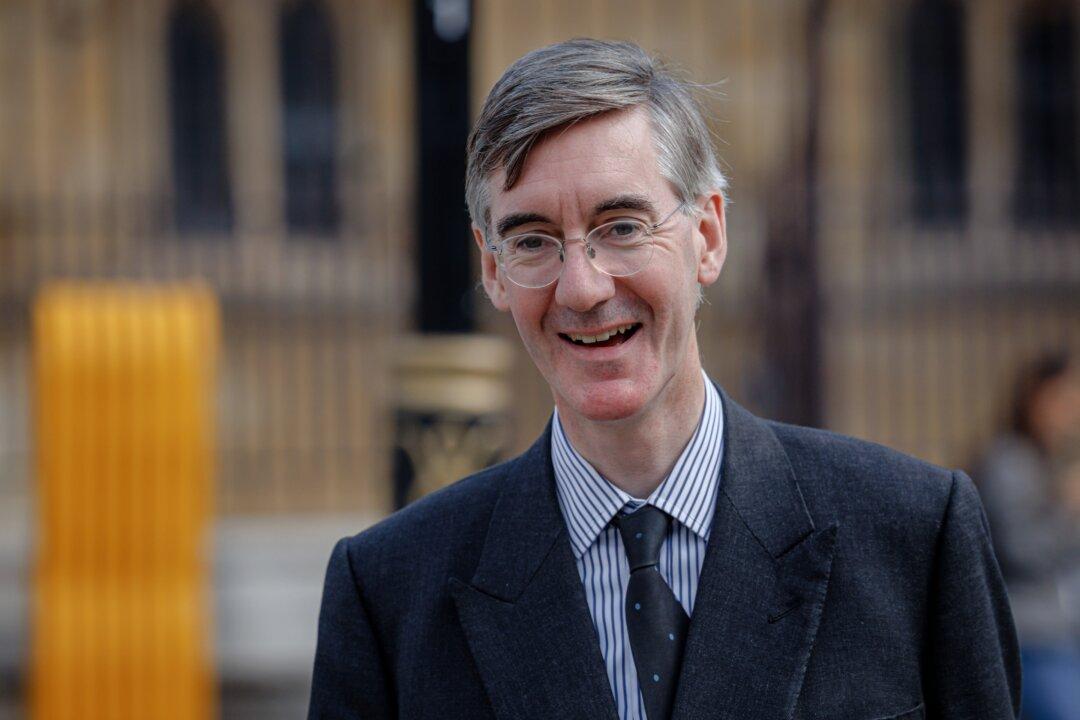The Cabinet wasn’t told during the COVID-19 pandemic about the argument for cutting short the self-isolation period, former minister Jacob Rees-Mogg has said.
It comes after The Telegraph reported that England’s Chief Medical Officer Chris Whitty told former Health Secretary Matt Hancock as early as November 2020 that taking daily tests for five days would be “pretty well as good” as a 10-day isolation.





